SLA 3D PrintingServices in Chennai
High-resolution resin 3D printing for intricate designs, smooth finishes, and exceptional detail. Perfect for jewelry, dental, medical, and precision prototyping.
SLA 3D Printing
High-Resolution Resin Printing
Exceptional Detail & Quality
SLA (Stereolithography) delivers the highest resolution and smoothest surface finish in 3D printing
Ultra-High Resolution
Layer thickness as low as 25 microns for exceptional detail and smooth surface finish
Complex Geometries
Print intricate designs with fine details impossible with other technologies
Smooth Surface Finish
Achieve jewelry-quality finishes right off the printer with minimal post-processing
Industrial Grade Quality
Professional-grade resin printers delivering consistent, high-quality results
Wide Range of Resins
Choose from specialized resins tailored for your specific application needs
Standard Resin
General-purpose resin for prototypes and visual models
- Good detail
- Smooth finish
- Cost-effective
Tough Resin
Durable resin simulating ABS-like properties
- High strength
- Impact resistant
- Functional parts
Flexible Resin
Rubber-like material for flexible applications
- Shore 80A
- Stretchable
- Compressible
Castable Resin
Investment casting with zero ash residue
- Clean burnout
- High accuracy
- Jewelry quality
Dental Resin
Biocompatible resin for dental applications
- Class IIa certified
- Biocompatible
- High precision
High-Temp Resin
Heat-resistant material for high-temperature applications
- HDT 238°C
- Thermal stable
- Engineering grade
Clear Resin
Transparent material for optical applications
- High clarity
- Polishable
- Light transmission
Ceramic Resin
Resin with ceramic particles for high-temp sintering
- Ceramic-like
- Heat resistant
- Smooth finish
Industries We Serve
From jewelry and dental to medical and engineering prototypes
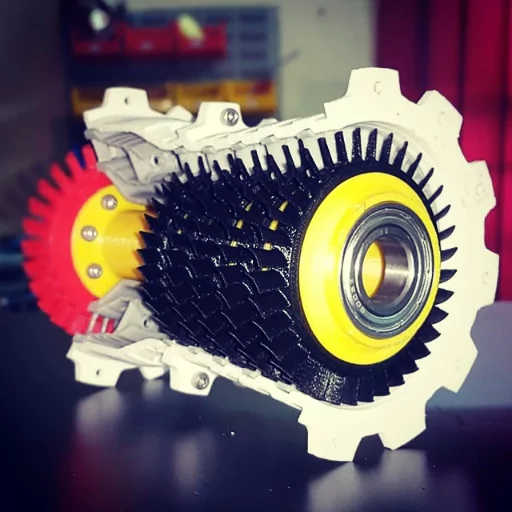
Jewelry & Accessories
Intricate jewelry designs and castable patterns
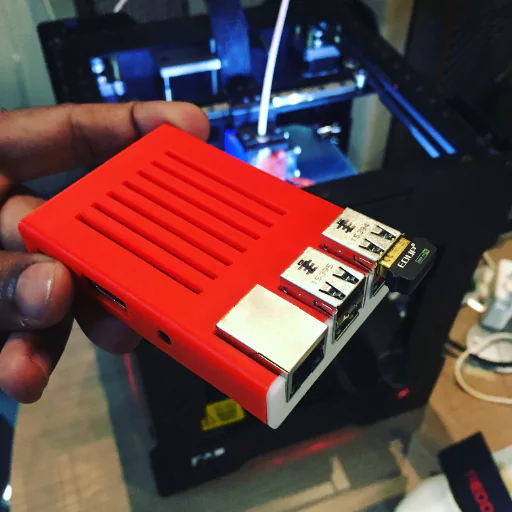
Dental Applications
Surgical guides, aligners, and dental models
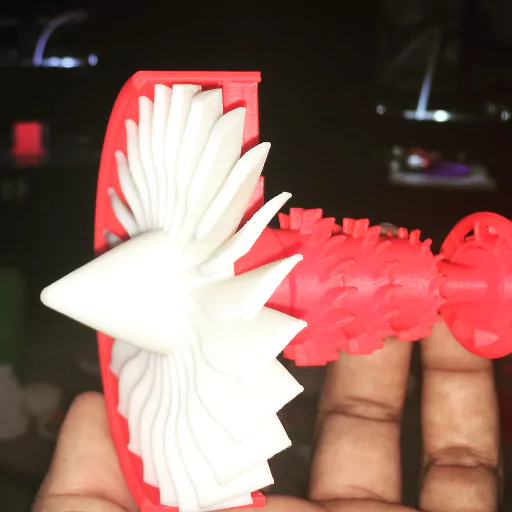
Medical Devices
Anatomical models and surgical planning tools
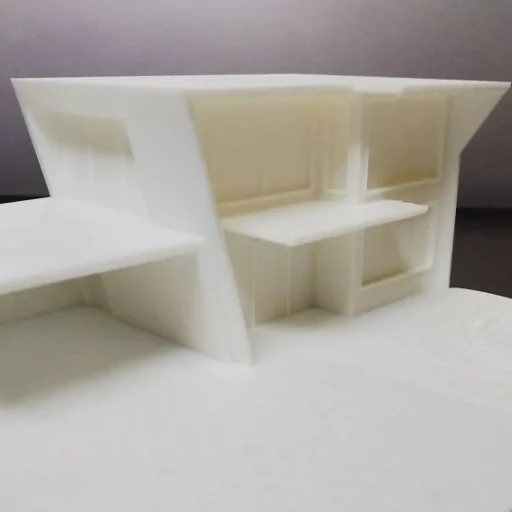
Product Design
High-detail prototypes and concept models
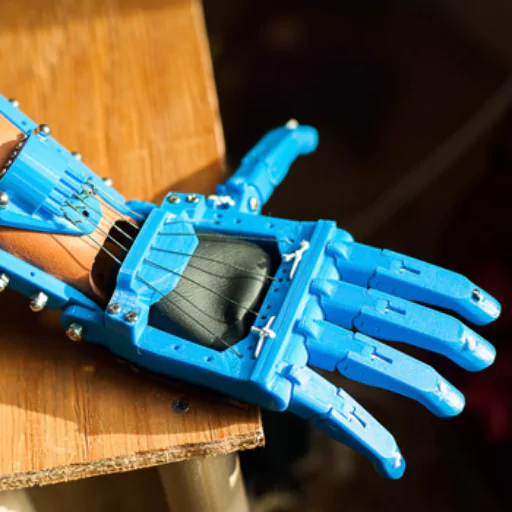
Engineering Parts
Functional prototypes with fine details
Investment Casting
Castable patterns for metal casting

Jewelry & Accessories
Intricate jewelry designs and castable patterns

Dental Applications
Surgical guides, aligners, and dental models

Medical Devices
Anatomical models and surgical planning tools

Product Design
High-detail prototypes and concept models

Engineering Parts
Functional prototypes with fine details

Investment Casting
Castable patterns for metal casting
Our Valued Clients
Trusted by leading companies across industries for high-quality SLA 3D printing services










What Our Customers Say
Real feedback from professionals who trust us with their SLA 3D printing needs
"The precision and detail achieved with SLA printing for our dental models is outstanding. The smooth surface finish reduces post-processing time significantly. Highly recommended for medical applications!"
"For intricate jewelry patterns, nothing beats their SLA 3D printing service. The castable resin works perfectly for investment casting. The level of detail is simply amazing!"
"Excellent quality prints with incredible detail. The clear resin parts are perfect for our optical prototypes. Fast turnaround and professional service throughout the project."
Ready to Start Your SLA Project?
Upload your 3D file now and get an instant quote. Fast turnaround, exceptional quality.